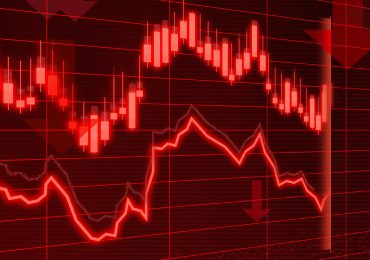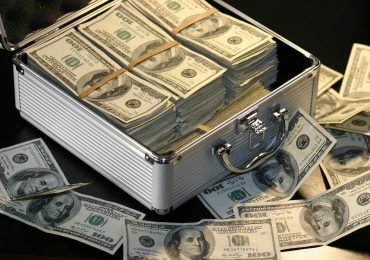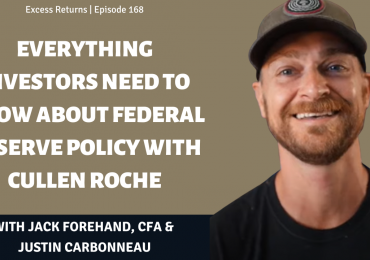If you’ve been listening to the financial media in recent months, you’ve probably gotten the idea that the interest rate hikes that seem to be on the horizon spell big-time trouble for stocks. But in his latest column for Globe and Mail, Validea CEO John P. Reese says the reality is far more complicated than that.
Reese says that different studies come to different conclusions about the impact of interest rate increases on stocks. “Further muddying the waters, in any given period involving rising rates, stock returns have varied wildly,” Reese says. “In a 2013 piece for Financial Advisor magazine, Rob Brown looked at S&P 500 returns during 12-month periods in economic expansions when interest rates rose the most. … To get an idea of how different the results can be, we need look no further than the three most recent rising-rate periods on his list. In the 12-month stretch ended May 31, 2004, the S&P jumped 18.3 per cent; in the 12 months ended Oct. 31, 1994, gains were a much more moderate 3.9 per cent; and in the 12 months ended May 31, 1984, the results were flat-out poor, with the S&P losing 3.1 per cent.”
Reese says that there are so many factors that impact stocks at any given time that, even if we knew what the impact of interest rates would be on equities, it would be just one signal among dozens and dozens pushing and pulling on stock prices. “This, of course, is at odds with what you hear from many pundits who say rate hikes are certain doom for stocks,” he says. “That’s a good thing. The more talk about rate increases derailing the bull market, the more stable becomes the ‘Wall of Worry’ that keeps equity prices from getting too bloated, which is good for bull runs.”
“I’m not saying interest-rate increases won’t hurt the market this time around,” Reese says. “But history shows it’s far from a slam-dunk case – and there’s certainly not enough evidence for me to alter my long-term approach. My advice: Stay disciplined, focus on undervalued stocks of solid companies and leave the rate-hike guessing game to others.”








